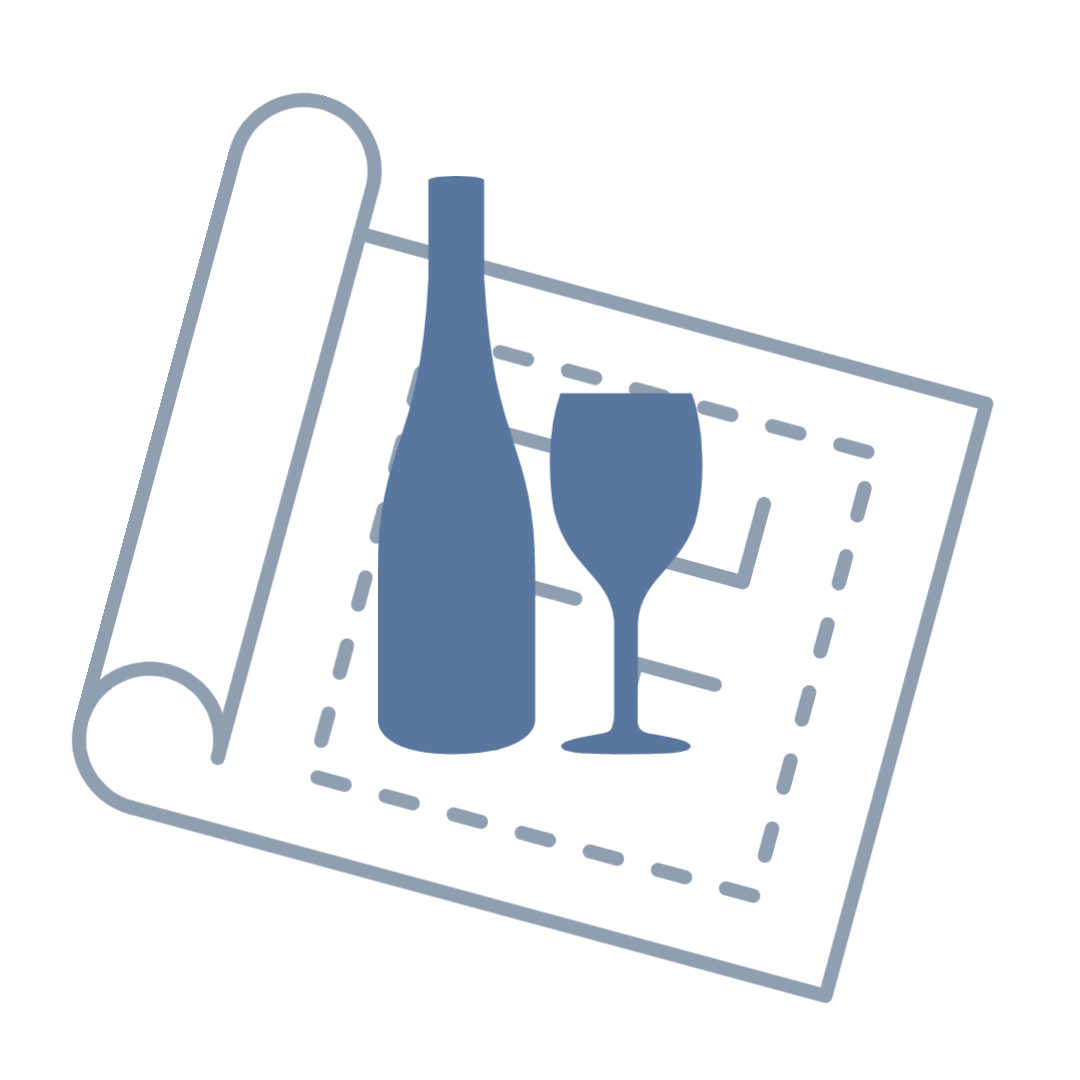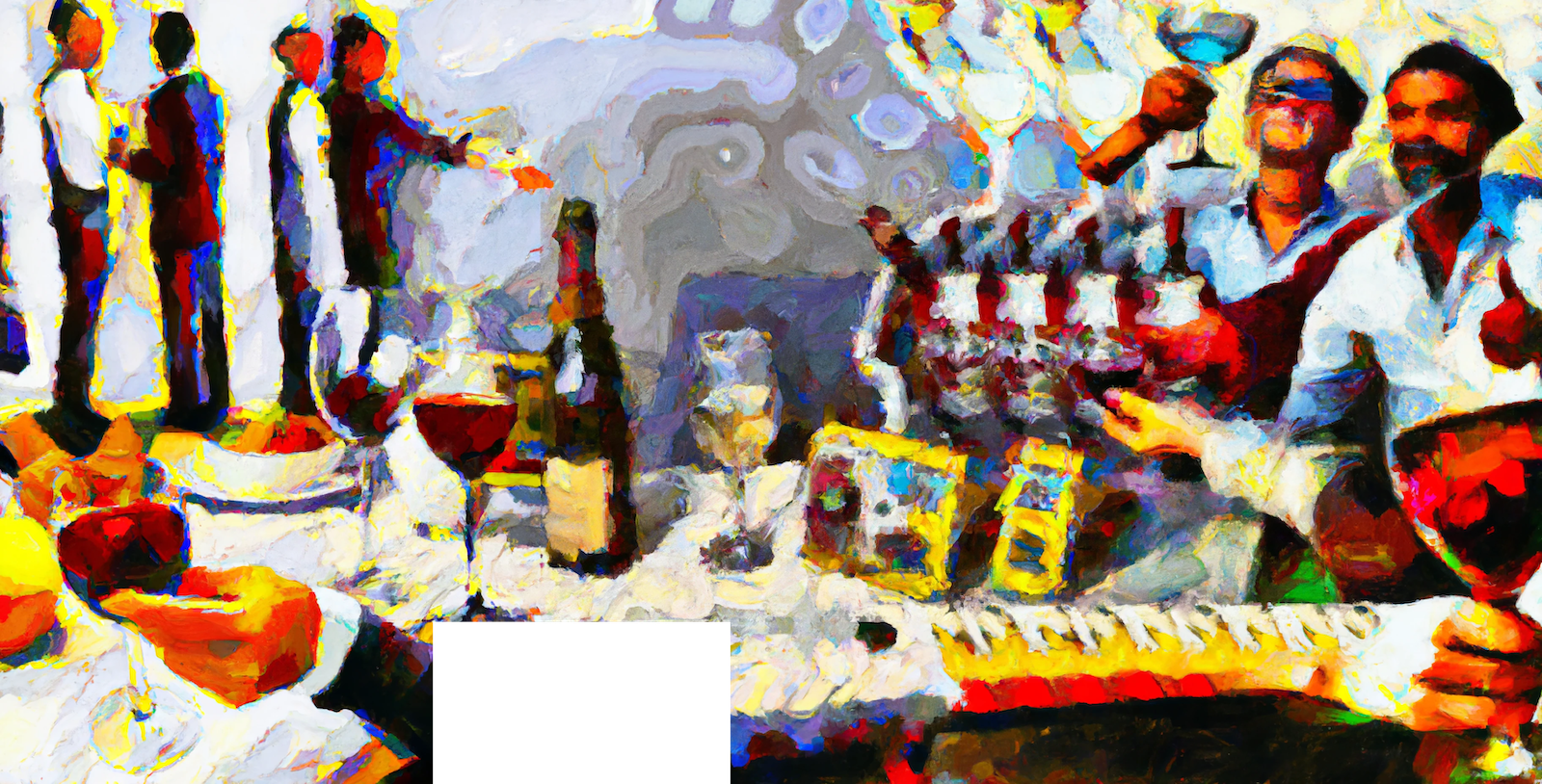Happy Weekend,
Unless you’ve been living under a giant rock, you’ve probably heard about ChatGPT.
If you’ve completely missed out, here’s a brief over-simplification:
ChatGPT is a chatbot that creates answers based on user inputs. Ask it a question, and it does its best to provide an answer based on the data it has been fed.
Uh oh! Was my newsletter about to be obsolete?
Answering wine questions has become my hobby. And I’ve spent the last year writing this newsletter and a book on wine learning. Needless to say, I was nervous and reluctant to try ChatGPT.
But, ChatGPT gave me a huge lift during my day job (Marketing Technology Consulting). It helped me gather some general thoughts and research on technologies and leadership positions.
So, I thought:
“What the hell! Let’s give this wine thing ago.”
Needless to say, my newsletter and book are safe for now.
Here’s what happened:
Let’s Ask ChatGPT About Wine Books
My and ChatGPT’s conversation started innocently enough, and I asked it about the best wine books for beginners.
It included the usual suspects.
However, Wine: A Tasting Course by Fiona Beckett was new to me.
I thought this could have been an ChatGPT anomaly. ChatGPT isn’t perfect, it’s still learning (aren’t we all?). So, I chugged along.
Next, I asked ChatGPT to collect some general facts about the books, and then I made a big ask.
I wanted recommendations for concise wine learning books. And the results were disastrous.
The List That Ruined Everything
The good: In a few short prompts, ChatGPT was smart enough to create a table that I could easily insert into this blog post.
You see something like that, and you have to think, “Wow! What can’t this thing do?”
The bad: ChatGPT doesn’t always tell the truth.
The ugly: Only one of these books is real!
Sure, ChatGPT is creative, but it’s lazy. Right now, it feels like that student that spent more time on their excuses. The easier way would have been doing the work in the first place.
So, there’s hope for me and other wine writers yet. And as of right now, your best bet is to forge ahead without the robots.
The Lesson of AI
While researching and experimenting with AI (perks of my real job), I’ve been doing extensive reading.
ChatGPT and other AI have their strengths and weaknesses. It’s great at assembling general, accepted knowledge.
It’s terrible at having an opinion.
Watching the early wins and fails of AI, I like to parrot a quote whose author I forget. Yet, they said:
Computers even on their best day can only look over the shoulder of humanity.
In a maddening world that craves speed, attention, and digital experiences, wine is slow, yet high definition.
- It will always take a season for the grapes to grow.
- Talented, hard-working people will tend to them, pick them, and convert them into wine.
- The bottles will age, and then be shipped, stacked, and sold.
- Finally, we open and enjoy.
What could be more human!
It’s the most wonderful time to be alive and drinking wine.
Merry Christmas and Happy Holidays,
Brian
P.S. – If you want to read more on my experiences with ChatGPT, let me know. I had a whole conversation with it about Merlot. Results were also very poor and a bit dangerous.
Ready to commit to wine learning?
Increase your wine confidence one weekly newsletter at a time.
New issue comes out every Friday
Unsubscribe at any time.

